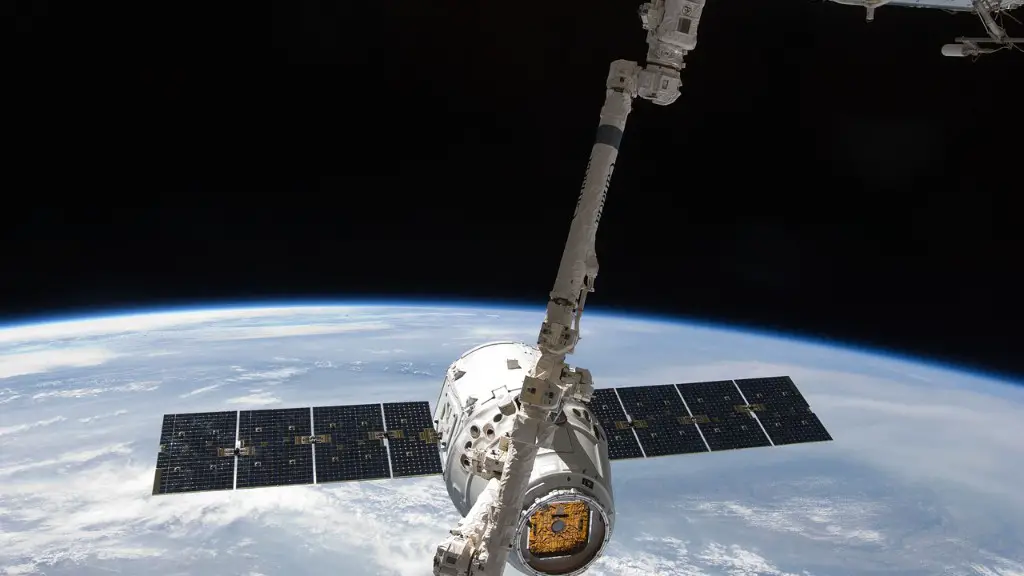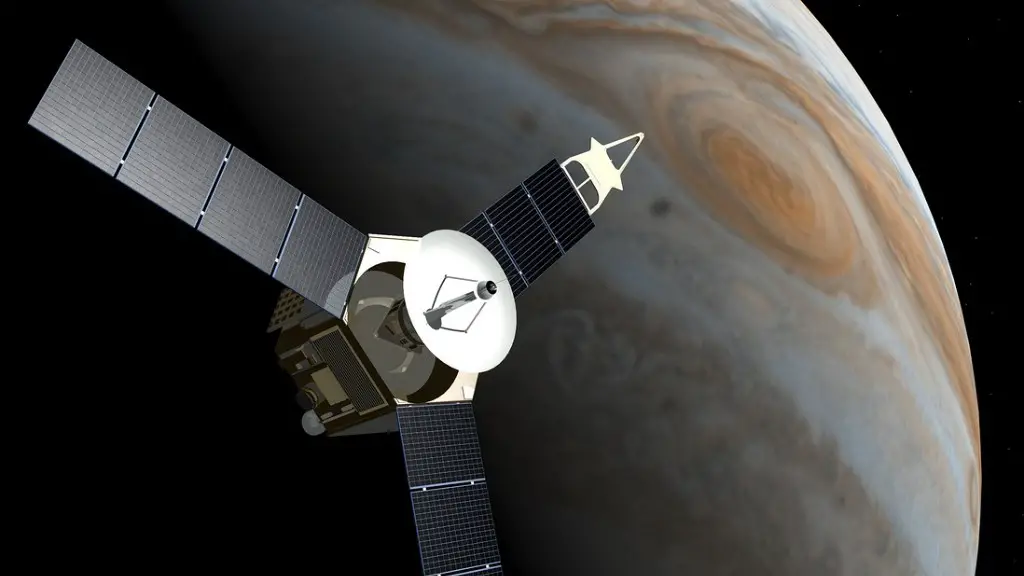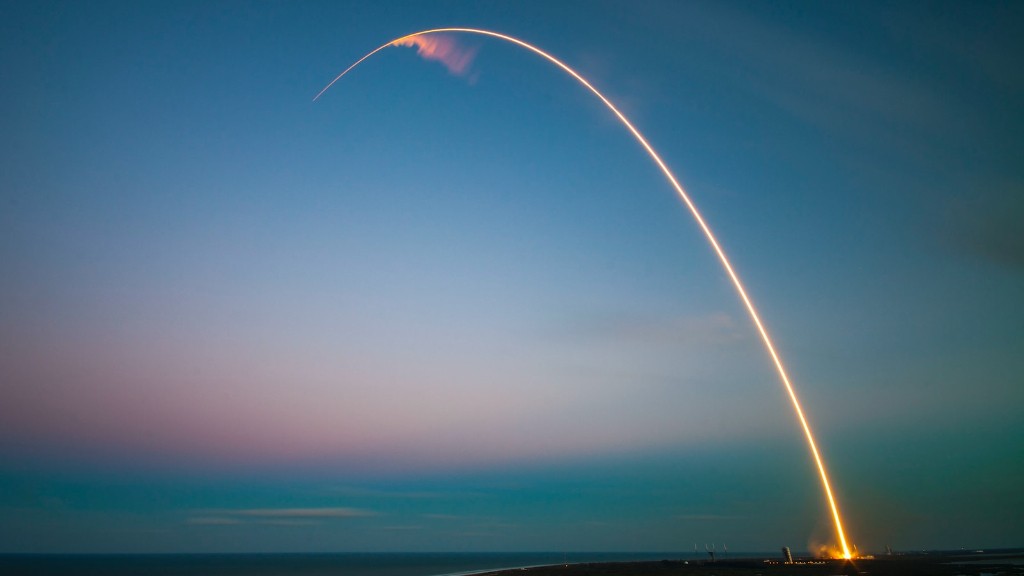Assuming you want a general introduction to the pronunciation of “Uranus”:
The giant planet Uranus is the seventh planet from the sun in our solar system. It’s unique among the planets in our solar system in a few ways, one of which is its name. Many people are unsure how to correctly pronounce “Uranus.”
The most common pronunciation sounds like “yore-uh-nuhs,” with the stress on the first syllable. However, the original pronunciation proposed by its discoverer, William Herschel, was “your-uh-nuhs.” While Herschel’s pronunciation is no longer common, it is closer to the correct pronunciation according to classical Latin. In Latin, “Uranus” would be pronounced as “oo-rah-nuhs,” with the stress on the second syllable.
Since classical Latin is no longer widely spoken, the most common pronunciation is “yore-uh-nuhs.” However, if you want to be correct according to classical Latin, you should pronounce it “oo-rah-nuhs.”
Uranus is pronounced “yoo-ray-nuhs”.
Why did NASA name Uranus Uranus?
William Herschel was an English astronomer who discovered Uranus in 1781. He originally wanted to name the planet Georgium Sidus, after King George III. However, Johann Bode, another astronomer, suggested the name Uranus, after the Greek god of the sky. The name was eventually accepted by the international astronomical community.
The word “Uranus” has undergone a slight shift in pronunciation over the years. Early on, it was pronounced “you-ran-us” like a proper English sentence. However, by 1980, Merriam-Webster noted that the pronunciation had shifted slightly to “YOOR-uh-nus” among both astronomers and those who worship Greek deities.
Is it Uranus or is it Uranus
Uranus is the seventh planet from the Sun, and has the third-largest diameter in our solar system. It was the first planet found with the aid of a telescope. Uranus was discovered in 1781 by astronomer William Herschel, although he originally thought it was either a comet or a star.
Uranus is the only giant planet whose equator is nearly at right angles to its orbit. A collision with an Earth-sized object may explain the unique tilt. Nearly a twin in size to Neptune, Uranus has more methane in its mainly hydrogen and helium atmosphere than Jupiter or Saturn. Methane gives Uranus its blue tint.
What is Uranus called now?
It is interesting to note that Uranus was originally known as Georgium Sidus, after King George III of England. However, the name was eventually changed to Uranus in 1850, after the planet was discovered by William Herschel.
Georgium Sidus is the Latin name for the planet Uranus. Herschel did not name the planet Uranus, he called it “the Georgium Sidus” (the Georgian Planet) in honor of King George III of England. The name “Uranus” was first proposed by German astronomer Johann Elert Bode in order for it to be in conformity with the other planetary names – which are from classical mythology.
How do the Greeks pronounce Uranus?
I find Uranus to be problematic. It’s better than it was, but it’s still not great.
Uranus is the seventh planet from the Sun. It is named after Greek sky deity Uranus (Caelus), who in Greek mythology is the father of Cronus (Saturn), a grandfather of Zeus (Jupiter) and great-grandfather of Ares (Mars). Uranus has the coldest atmosphere of any of the planets in our solar system, and is one of the gas giants. It is made of hydrogen and helium, with a small amount of methane. The methane gives Uranus its blue-green colour.
How do the British say Uranus
The word ‘uranus’ is pronounced differently in the UK than in the US. In the UK, it is pronounced with a short ‘u’ sound, while in the US it is pronounced with a long ‘u’ sound. The UK transcription for ‘uranus’ is given above.
The neuter planets are those without a predominant archetypal energy. This includes Mercury and Uranus. These planets were traditionally seen as less important than the others because they did not have a strong bias towards a specific gender energy.
Is Zeus called Uranus?
Uranus was an important figure in Greek mythology – he was the husband (and also son) of Gaia, the goddess of the Earth, and father of the infamous Titan Kronos. He was a powerful figure, and his name was even used as the basis for the planet Uranus.
Herschel had the right to name his discovery as he pleased, and he chose to name it Uranus. Some people may not like the name, but it is part of history now and cannot be changed.
Why is Uranus blue
The blue-green color of Uranus is the result of the absorption of red light by methane gas in Uranus’ deep, cold and remarkably clear atmosphere. Methane is a gas that absorbs red light, which gives Uranus its blue-green color.
Uranus is an extremely difficult planet to visit for a number of reasons. First, it is located nearly three billion kilometers (18 billion miles) away from the Sun – 20 times further than the Earth. Second, the planet has a very faint atmosphere, making it difficult to study from a distance. Finally, Uranus has a very slow rotation, making it difficult to map and study the planet’s surface features. For these reasons, only one mission has visited Uranus in the entire history of space exploration.
Why don’t we go to Uranus?
Uranus is a gas giant and is the seventh planet from the Sun. It is the third-largest planet in the Solar System. Uranus is similar in composition to Neptune, and both have bulk chemical compositions which differ from that of the larger gas giants Jupiter and Saturn. For this reason, scientists often group Uranus and Neptune together as “ice giants”.
The planets in our solar system were named after Roman and Greek gods and goddesses with the exception of Earth. The name Earth comes from the Old English words ‘eor(th)e’ and ‘ertha’ which simply mean the ground. This is a reminder that we are all connected to the Earth and its natural resources.
Final Words
According to NASA, the correct pronunciation for Uranus is “yoor-uh-nuhs”.
The correct pronunciation of Uranus, according to NASA, is “yoo-ran-us.”





